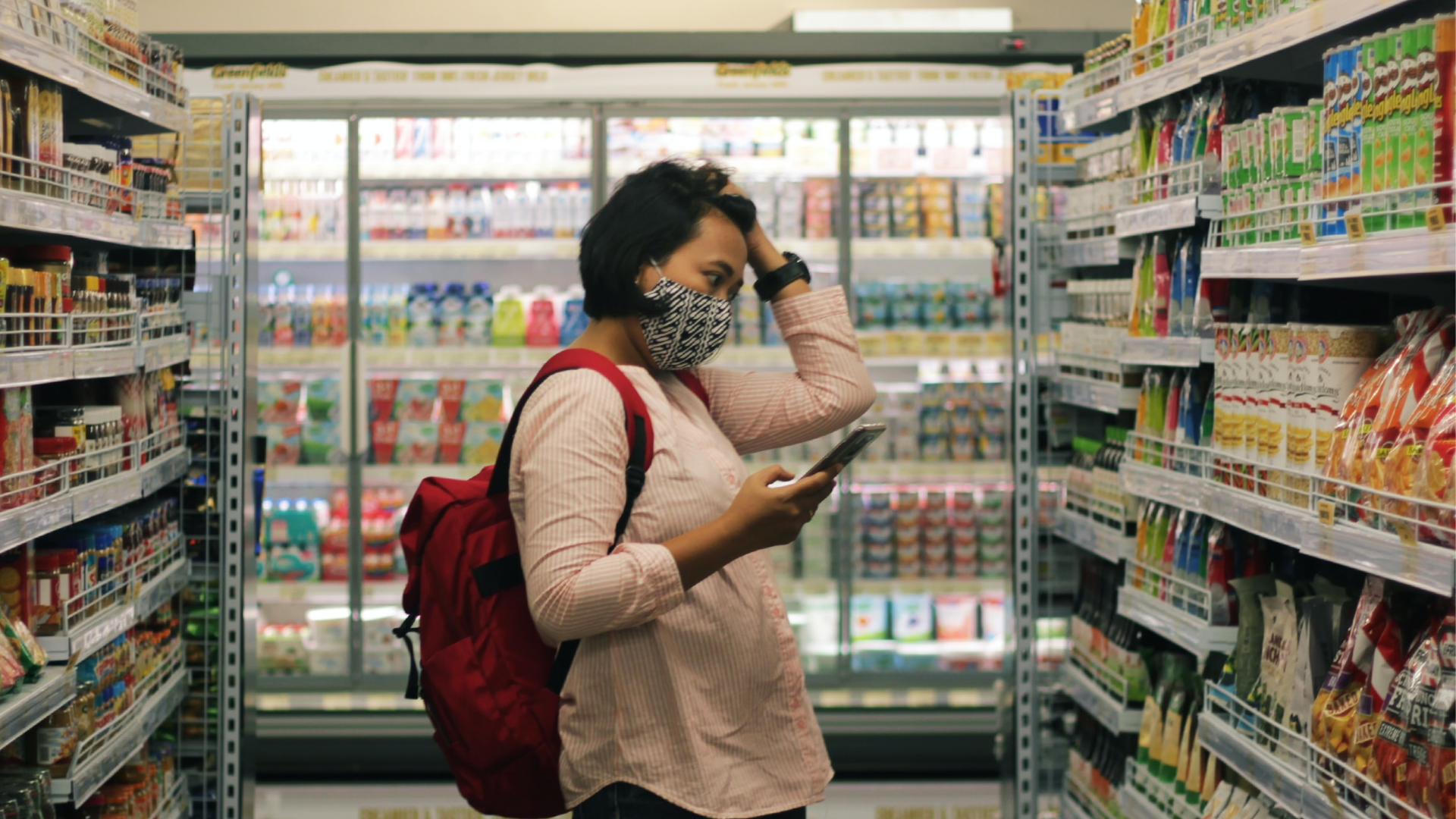Transparency leaps out as a pervasive dynamic in Davos today. Perhaps it’s fitting as Hugette Labelle, chair of Transparency International, is one of the Annual Meeting co-chairs this year. But it’s more than that.
Davos was once a far more private affair. Sure, the world knew it was happening and there were always flag-draped photo ops. But only the big speeches could be covered by the press.
Now everyone is tweeting from every session — despite the still-published request to follow discreet Chatham House Rules.
This morning at a session on “The Social Technology Context,” Chan Yuenying, a professor at the University of Hong Kong, said that in China social media has created “an arms race between control and freedom.” I immediately thought of the sensitivity of that remark in China. But today her comment was immediately tweeted by people in the room.
Fast forward to the session featuring Prime Minister Dmitry Medvedev of the Russian Federation (transparency: Ketchum is one of the Federation’s communications partners). The session was framed around the results of a year-long project to develop three scenarios for Russia’s future. Russia supporters on the panel found all three scenarios to be too negative. During the panel the audience was asked to use a voting device to tell Russian leaders what they should focus on, from macro-economic stability to social reforms to anti-corruption initiatives.
The panel was followed by a speech by the Prime Minister offering his own fourth scenario and confident view of Russia’s future.
So here you had a top Russian leader responding to criticism in front of hundreds of people, half of whom were tweeting at will.
Davos, I’m happy to say, is now a fishbowl.



